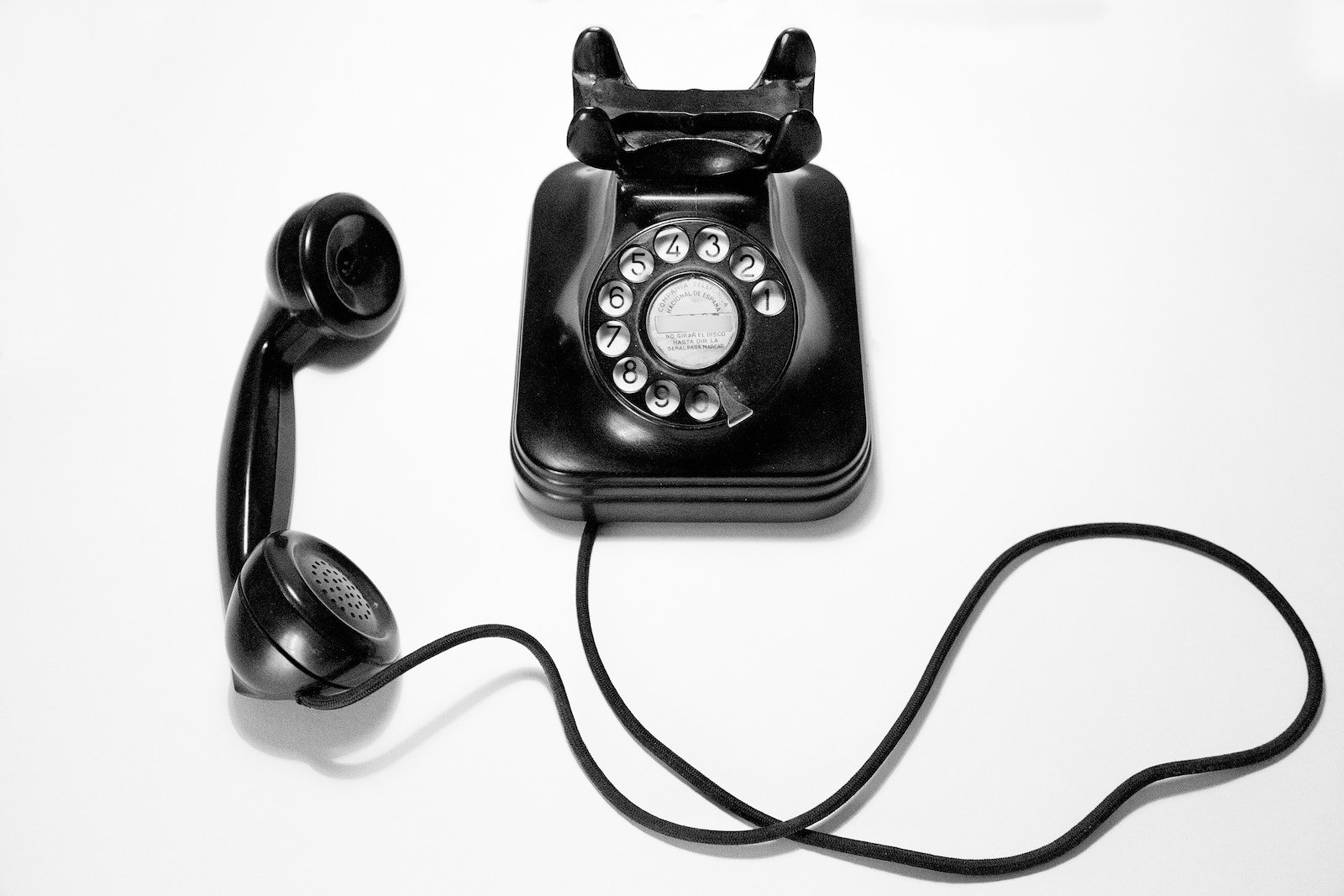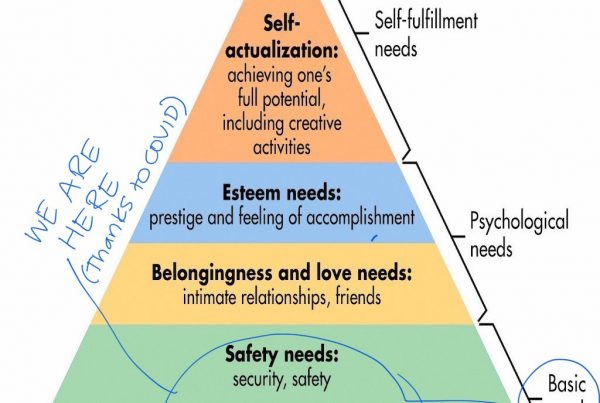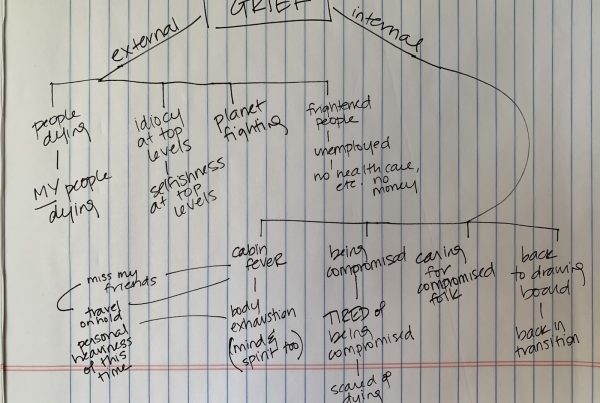A few days ago, we had dinner with old friends, and one of them was recommending the new biography of William McKinley. Apparently, the president died of an infection related to a non-fatal gunshot wound a week after he was shot. The gangrene was caused by any number of things, not least of which were the lack of sterile instruments or the fact that doctors with unwashed hands kept poking around in the wound trying to find the bullet. At his trial, the shooter put forth the clever legal argument that even though he shot the president, he didn’t murder him; McKinley’s doctors did. (Argument failed and he was hung, but the man was, in a sense, correct.)
Another at the table volunteered that in a lot of ways, we consider medicine from the 19th century to be barbaric. He mused about what we would consider barbaric about the state of medicine in the 20th century a hundred years from now. Oh the possibilities! But I only poked him and pointed at my fuzzy head while laughing.
When all of this began, Michael reached out to a variety of his contacts in the medical/cancer world to help us understand what was happening and for second opinion opinions. These wonderful people all jumped in with both feet to help us, and the delightful thing about it was that all of them sang in harmony about the initial diagnosis and treatment. Yay! They have since remained very helpful and generally pulling in the same direction ever since. Double yay!
Until Dec. 14, that is.
After Michael and I stumbled out of my doctor’s office clutching the words “inconclusive results,” he reached back out to them. They, in turn, bounced the problem off of a variety of their own contacts, and we have been filtering the results ever since.
“Open biopsy is aggressive at this point in the game. Do a month of radiation then have scans in three months.”
“Don’t do anything and just have repeat scans at the end of January.”
“One problem with not doing an open biopsy is that you won’t know if the cancer has mutated.” (WHAT?!)
“Open biopsy is appropriate.”
“Have they spoken to a stem cell transplant doctor?”
“Just do a small biopsy; the possibility of thymic rebound is a very real possibility here.”
One of them refuses to say anything until she’s actually seen me and my actual scans, so we’re doing that today.
AHHHHHHHHHHHHHHHHH!!!!!!!!!!!!!!!
We spoke to one of them on the phone, and he was really sweet: “I’m so sorry, but this is where everything gets really frustrating. We don’t know precisely what’s going on, so we can’t give you certainty.” THIS is where it gets really frustrating? I know he was being kind, but it got frustrating about six months ago when I was told that I would have to do unthinkable damage to my body in order to save my life. Did I mention that story about barbaric medical treatments? But I digress.
We’ve been musing about our options over egg nog and family games of Clue. Muse. Muse.
Here’s the thing, Iowa. In some respects (quite possibly in most), surgery is actually the least damaging option while staying in the purview of doctors and hospitals. They break my sternum open, take out the goods, tie my sternum back together with titanium wire, and keep me knocked out on morphine for a few days. Bone knits, skin heals.
Radiation, CT scans, and PET scans are all forms of hard radiation (x-rays, gamma rays, etc.). They damage healthy DNA, which can cause mutations and cancer depending on the level of exposure. (Side note: this is why the ozone layer of our environment is so important; it protects us from the hard radiation being let off by the sun.)
Despite the general consensus that I shouldn’t have radiation therapy because I’m young, everyone seems just fine filling me with barium and shoving me into a CT scan machine (x-rays) or injecting me with radioactive sugar and running me through the PET scanner (gamma rays) every two months. I get that the “dosage” of radiation is dramatically lower in these diagnostic machines than in something like radiation, but the damage is still real. Therefore my problem with this is the more scans I have, the more my body has to recover from radiation exposure. I’m already in the middle of chemo recovery; I vote to not make this worse.
The generalized response when I mention my increasing frustration to these kind people who are equally frustrated, just less intimately involved with the outcome, is “better to solve the problem now and then deal with the repercussions later.” (I don’t think we need the perspective of a hundred years for this one.) I went along with that theory when I agreed to chemo, but I’m beginning to chafe.
Discussions continue, and I continue to search for comfort amidst my chafing.


